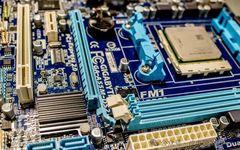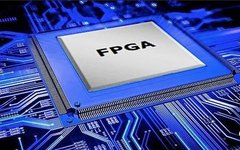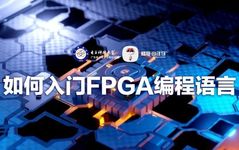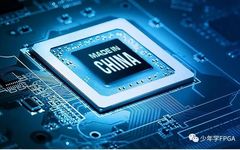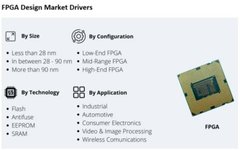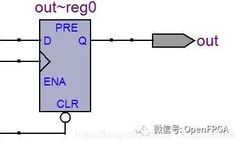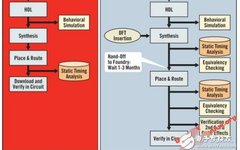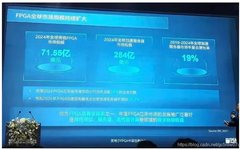Essential Subjects to Learn Before Studying FPGA
Introduction FPGA has evolved from an edge chip to a popular technology, indicating that domestic chips are gradually becoming mainstream. Domestic chips are expected to replace foreign chips and become the core of technology. As the domestic chip industry rises, the demand for talent in this field is growing. High salaries offered by companies attract … Read more

